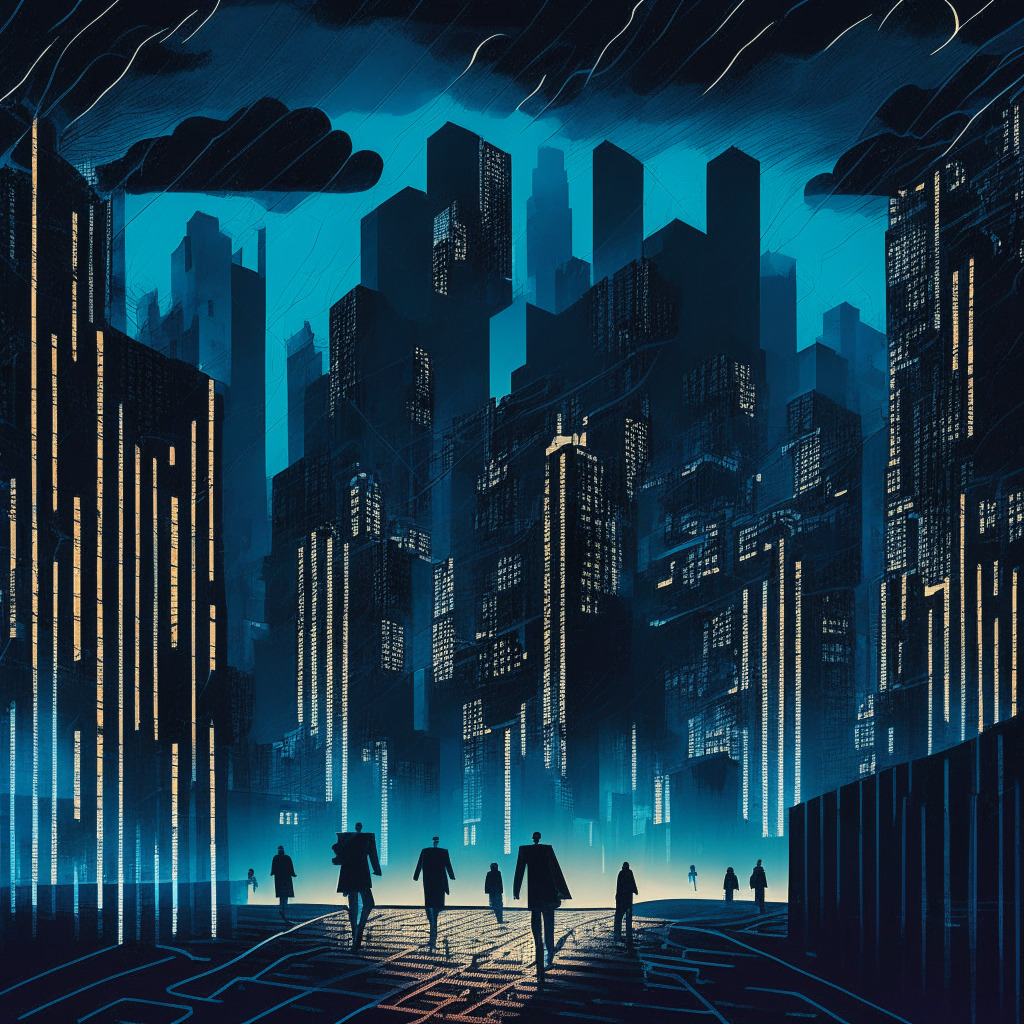Generative artificial intelligence (AI) models like OpenAI’s ChatGPT have been raising questions over copyright infringement, given their reliance on large amounts of data, some of which may be copyrighted. Cases such as Getty Images vs. Stability AI over copying of photos underscore the challenge facing regulators as they scramble to create legislation addressing the matter. AI companies argue that their models do not infringe on copyright laws because they transform the original work, which qualifies as fair use under U.S. laws.
However, a recent U.S. Supreme Court ruling in the case of Andy Warhol Foundation for the Visual Arts v. Goldsmith could have significant implications for generative AI. The ruling clarified the definition of transformative use, making it harder for AI companies to claim that their models transform original work and thus qualify for the fair use exemption. The decision has fueled debate among experts and has not established a clear consensus on the issue.
Considering the legal questions surrounding generative AI models trained using copyrighted works, some firms have opted for a more cautious approach. Adobe, for example, recently launched a generative AI model called Generative Fill, which trains using only stock photos from its own database to avoid generating content based on other people’s work, brands, or intellectual property. This approach may be legally safer, but it could also limit the accuracy and utility of AI tools that rely on scraping vast amounts of data from the web.
It is crucial to weigh the broader ramifications of protecting creators’ works through copyright law. If generative AI models can only be trained using copyright-free data, will this inhibit innovation and productivity growth? As economist Paul Krugman famously stated in his 1994 book The Age of Diminished Expectations, “Productivity isn’t everything, but in the long run, it is almost everything.” The debate over fair use and AI-generated content will undoubtedly continue to evolve, and the outcome will have lasting implications on the development of AI and the protection of creators’ rights.
Source: Cointelegraph




